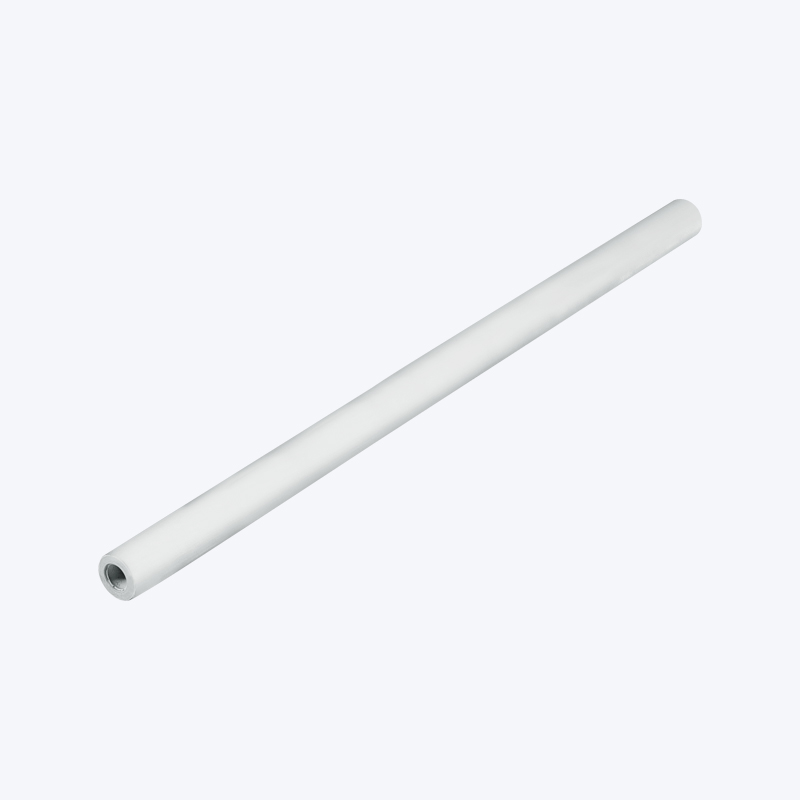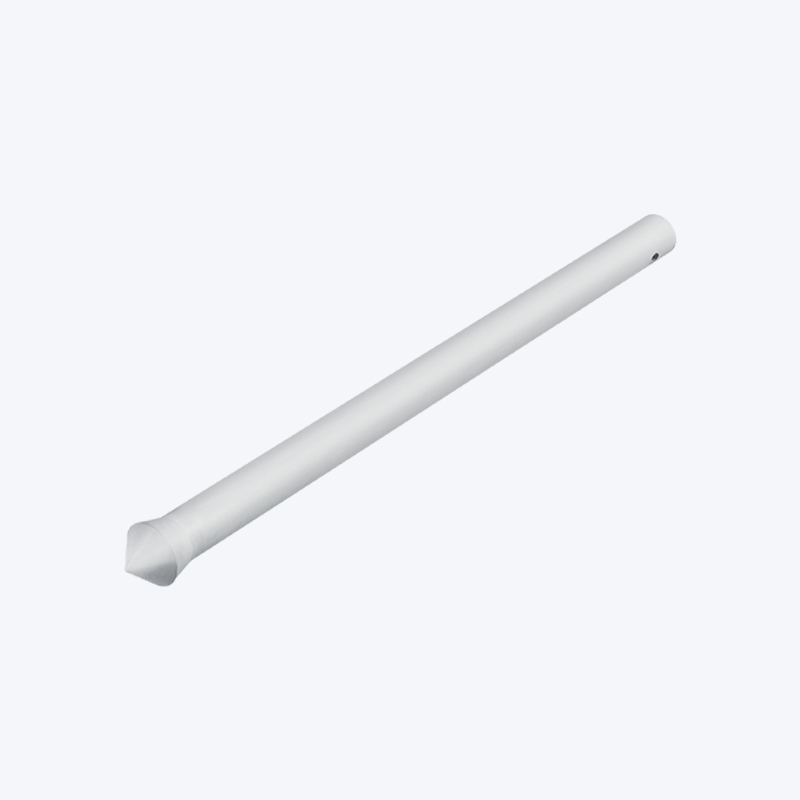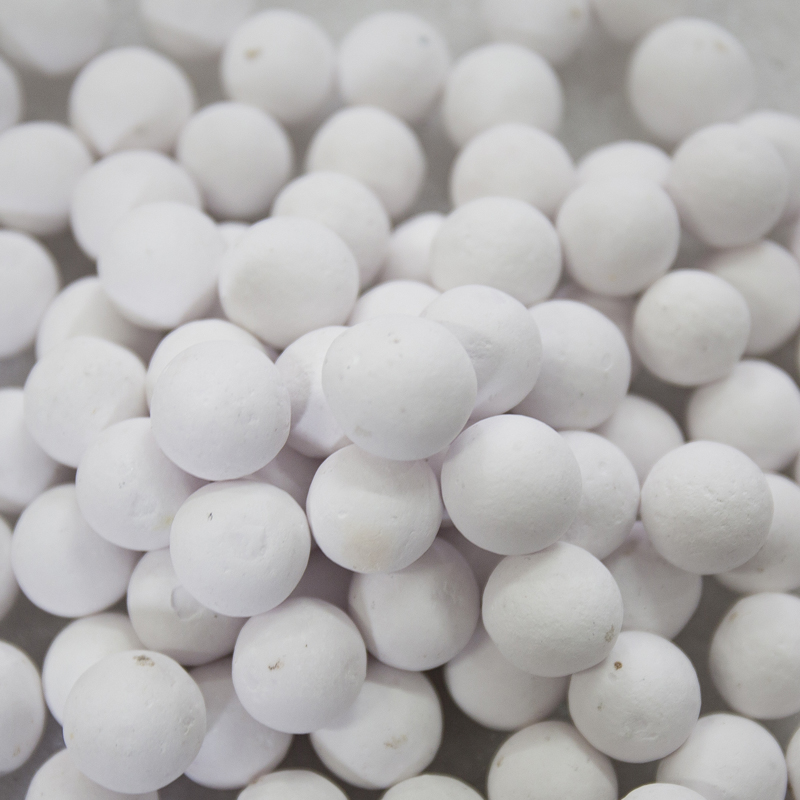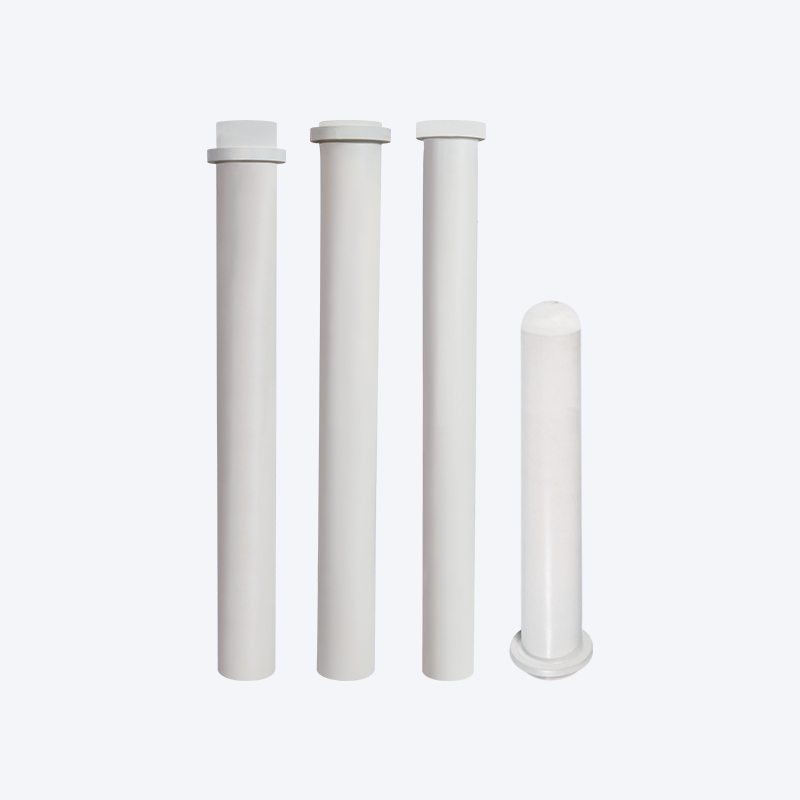The Rising Importance of Industrial Ceramic Materials in Modern Manufacturing
In today’s high-performance industries, industrial ceramic materials have emerged as indispensable components. These advanced materials, often referred to as engineering ceramics or technical ceramics, are known for their exceptional hardness, chemical resistance, and high-temperature stability. As manufacturing demands increase, so does the reliance on industrial ceramics for their unique combination of mechanical, thermal, and electrical properties.
Industrial ceramic materials are used in a wide range of applications, from electronics and semiconductors to aerospace and biomedical devices. Their ability to perform under extreme conditions—where metals and polymers would typically fail—makes them critical in modern engineering. These technical ceramics can be engineered to exhibit excellent wear resistance, corrosion resistance, and electrical insulation, making them ideal for both structural and functional components.
Among the most widely used industrial ceramics are alumina (Al₂O₃), zirconia (ZrO₂), silicon carbide (SiC), and silicon nitride (Si₃N₄). Each of these materials has distinct characteristics suited for specific applications. For instance, alumina ceramics are highly resistant to corrosion and wear, making them suitable for pump components and insulating parts in electronics. Zirconia ceramics, with their high fracture toughness and wear resistance, are often used in cutting tools and dental implants.
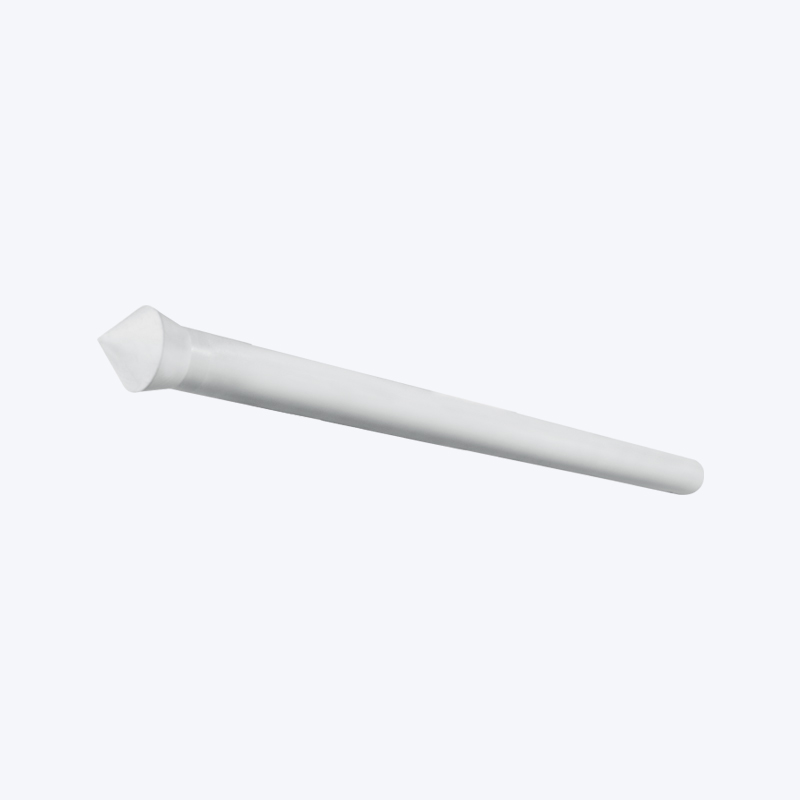
The high thermal conductivity and low thermal expansion of many ceramic components make them valuable in heat-intensive applications such as furnaces, heat exchangers, and automotive exhaust systems. Furthermore, industrial ceramic materials are increasingly being used in renewable energy systems, such as solid oxide fuel cells and solar thermal systems, due to their environmental stability and long life span.
One of the reasons engineering ceramics are gaining prominence is their customization potential. Through advanced processing methods like hot pressing, injection molding, and additive manufacturing, manufacturers can create ceramic parts with precise geometries and tailored properties. This allows industries to replace heavier or less durable components with lighter, more robust ceramic alternatives, improving efficiency and sustainability.
Contact Us for Quotes and Prices!
Just let us know what you want, and we will get in touch with you as soon as possible!

 English
English 简体中文
简体中文



